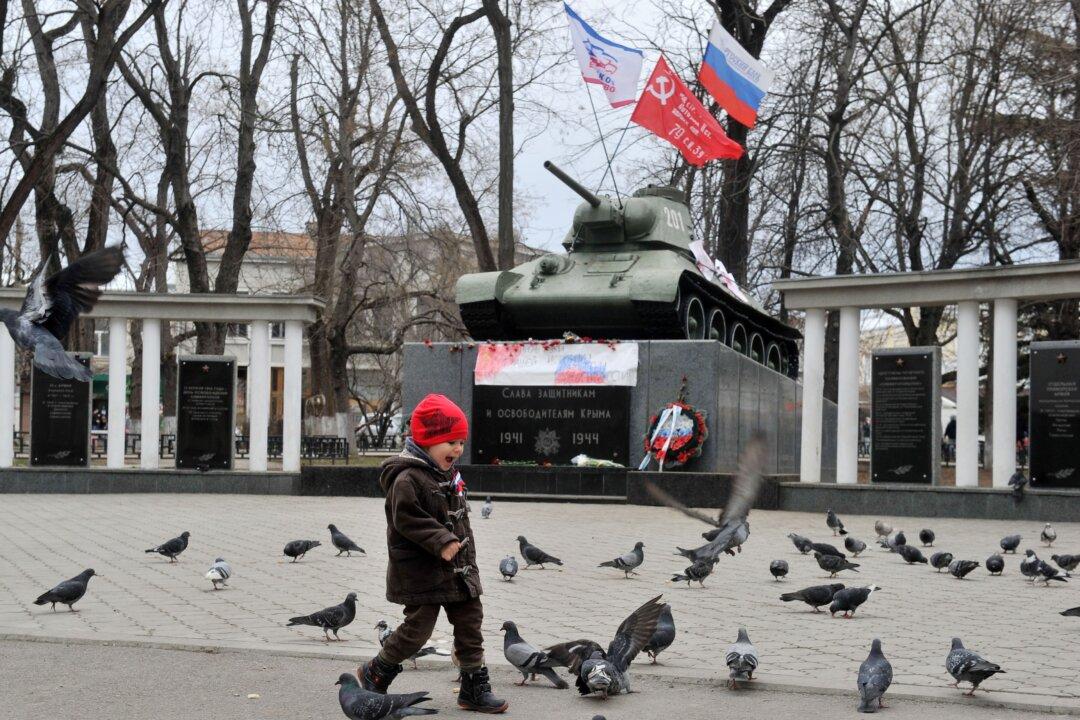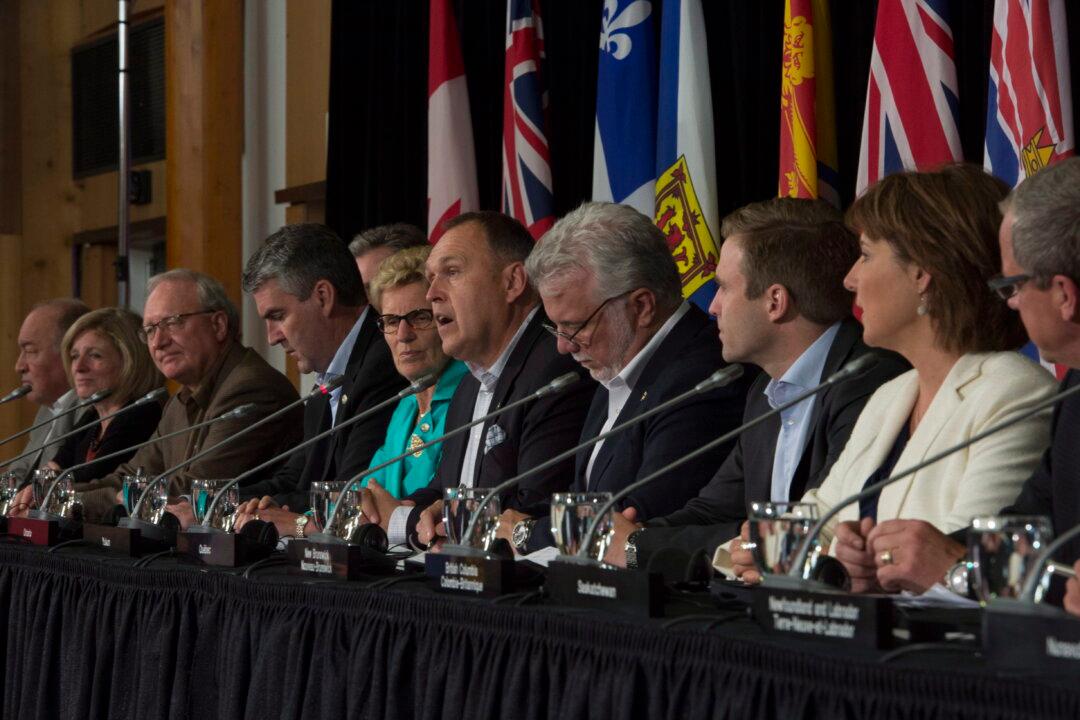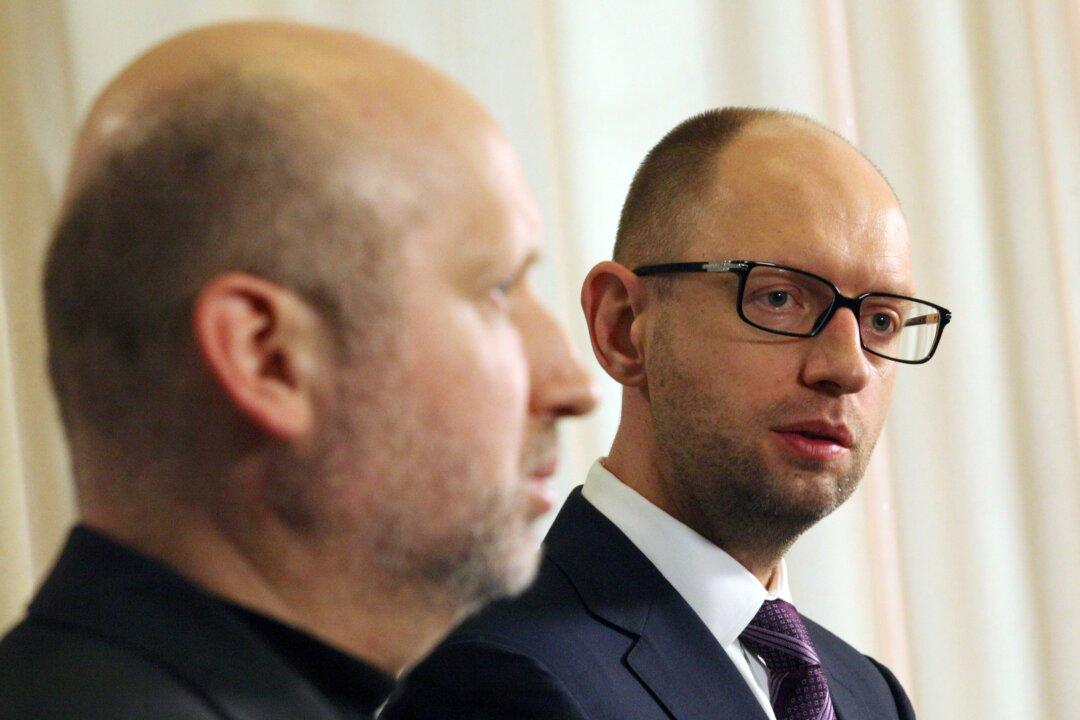Last week Hilary Clinton, former U.S. secretary of state, compared Russia’s invasion of Crimea to Hitler’s 1938 occupation of the Sudetenland (Western Czechoslovakia) in the run up to the second world war.
While making clear she was not comparing Vladimir Putin to Adolf Hitler, Clinton also suggested there were historical “parallels” that we must all keep in mind. The not so subtle message was “those who forget their history are forced to repeat it.”
The Nazi takeover of the Sudetenland represented the culmination of an aggressive period of intimidation by Berlin. Prior to this bloodless invasion, the German army had invaded Austria (where, like Russia today, it held a phony plebiscite on unification), and instituted a regime of intimidation with a massive troop buildup on the Czech border.
Hitler, like Putin, understood that the most important weapon in his arsenal of intimidation was the desire by Western powers to avoid armed conflict. Hitler knew his adversary well and played this card very effectively. The humiliation of British Prime Minister Neville Chamberlain at the Munich Conference where he (and the West) conceded yet again to Hitler’s territorial demands set the stage for global conflict.
But the Sudetenland was the end game of Hitler’s war by intimidation. The more appropriate historical parallel for Putin today is Nazi Germany’s reckless occupation of the Rhineland—the Germanic borderlands between Germany and France in 1936.
The Rhineland was territory conceded by Germany to France after the Great War in 1919. Like Russia in 2014, Germany in 1936 was not at the peak of its military power. Then, like today, the government of the invaded country—in Hitler’s case, France—was unprepared for aggression and hopelessly divided. In another ironic twist of fate, Germany in 1936 also played host to the Olympic Games.
The occupation of the Rhineland was a huge gamble on Hitler’s part. Gen. Alfred Jodl, chief of the operations staff of the Armed Forces High Command during the war, admitted during testimony at the Nuremberg Trials, “If the French had acted they could have blow us to pieces.” They might also have spared the world the horrors of the second world war. Regrettably, the easy victory in the Rhineland fed Hitler’s addiction to power, and emboldened him for all his future adventures.
Lessons From 20th Century
What should the West do in the face of yet another gross violation of the peace of Europe?
First of all, it must admit that many of the arguments and precedents Vladimir Putin is using to justify his military invasion were taken from Western arguments in the run up to its own illegal invasions of Granada, Iraq, and Afghanistan. The West has lost the moral high ground, and after the blatant lies in 2003—remember the weapons of mass destruction?—has only itself to blame for the loss of integrity of international law.
Nevertheless, something must be done. The biggest lesson learned from the 1930s was this: words mean nothing in the Great Game of Power.
After the Rhineland invasion Hitler stormed to the propaganda offensive, “We pledge, now more than ever that we shall strive for an understanding between the European peoples, especially for one with our Western neighbors. … Germany will never break the peace.”
And on it went, inch-by-inch, mile-by-mile until the West found itself trapped in the vortex of war. Clearly the West must prepare for any eventuality and start judging Putin on his actions alone.
The question is what steps should be taken?
At the moment Russia has had an easy time of it. The invasion and illegal occupation of its neighbor and historical ally has been shocking but painless and will embolden Putin. Clearly a price has to be extracted for this violation while holding out the carrot of peace, prosperity, and shared security.
The greatest loss suffered with the collapse of the old Soviet Union in the ’90s has been the loss of an identifiable “Free World.” That idea—who it is and what it stands for—needs to be quickly reassembled. The Free World has certain values, which need to be stated and honored. Moreover, the Free World needs to make perfectly clear what it is prepared to do to defend itself from enemies, foreign and domestic.
Having identified the Free World and clarified its privileges, what to do with Russia becomes clearer. It’s not a matter of blindly punishing Russia for its bad deeds; it’s a process of reducing privileges. Good behavior is rewarded with access to Western consumer markets, capital, and security. But in the case of aggression all of these privileges disappear. Russia will be isolated.
None of this works in the absence of backbone and a willingness to meet fire with fire; but before the bombs start flying let’s be clear about what and whom we’re defending.
Robert McGarvey is an economic historian and co-founder of the Genuine Wealth Institute, an Alberta-based think tank dedicated to helping businesses, communities, and nations built communities of well-being. Robert is the author of “The Creative Revolution,” a historical guide to the future of capitalism. Copyright www.troymedia.com.




